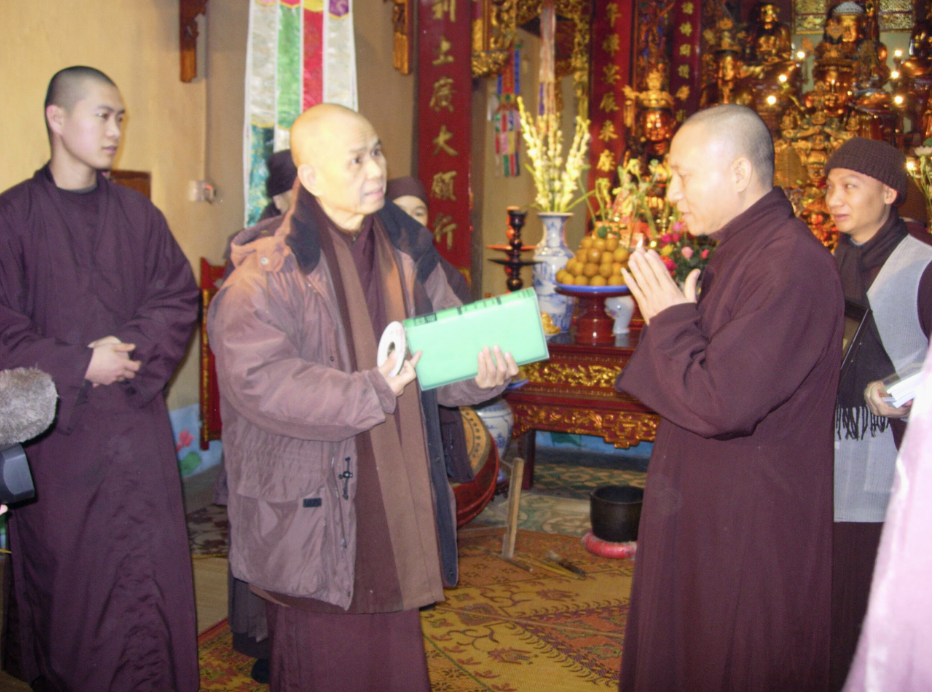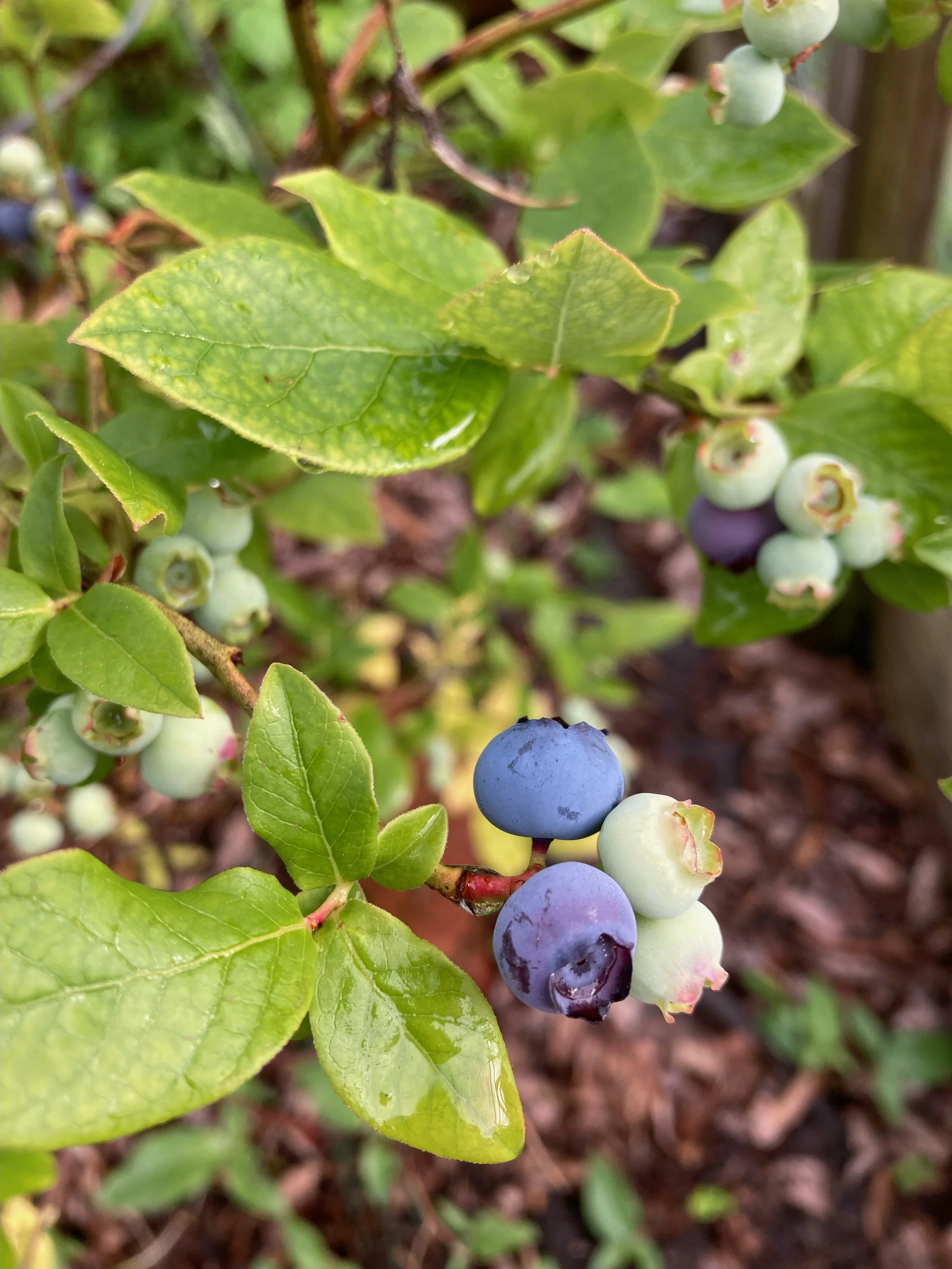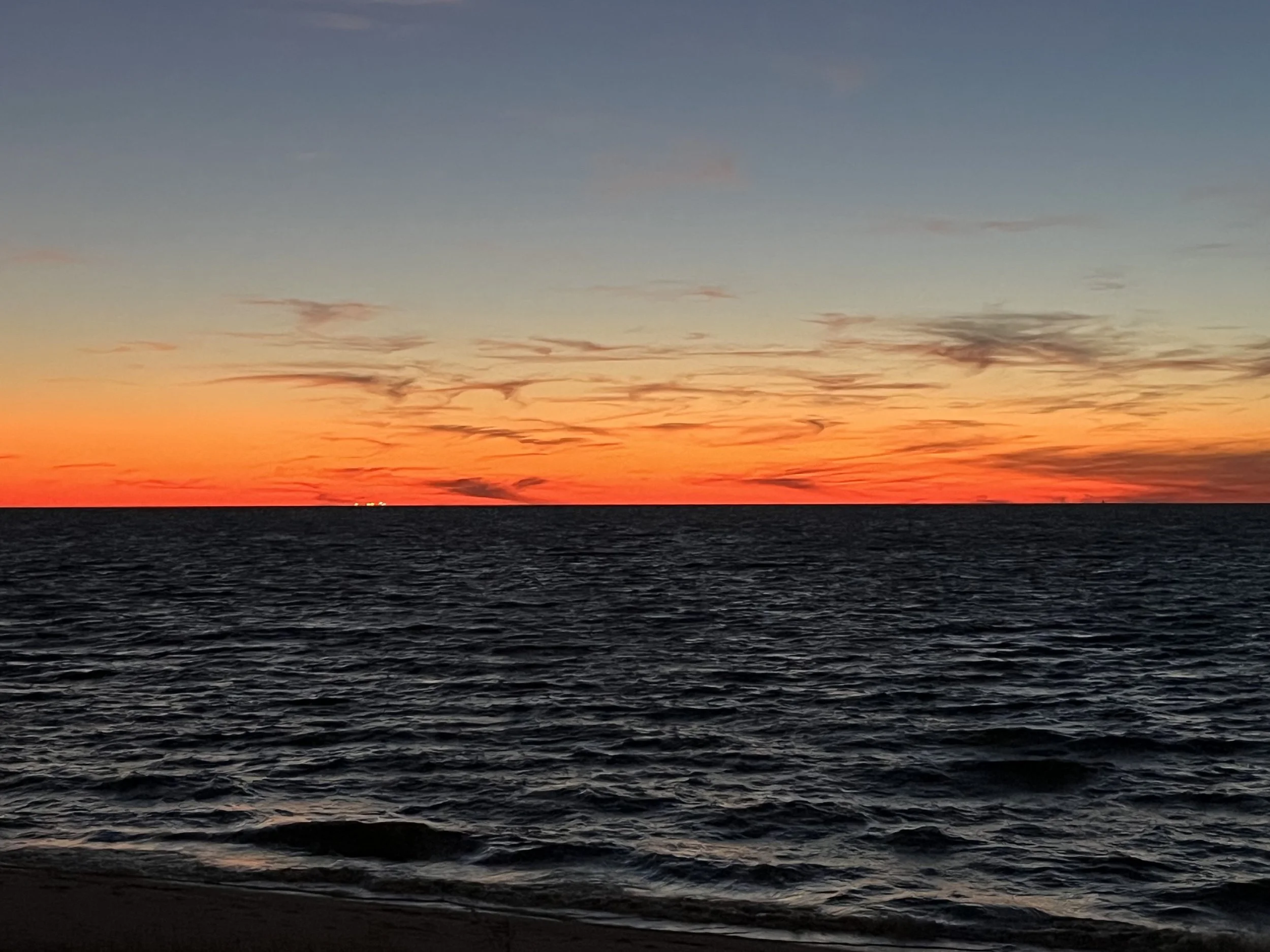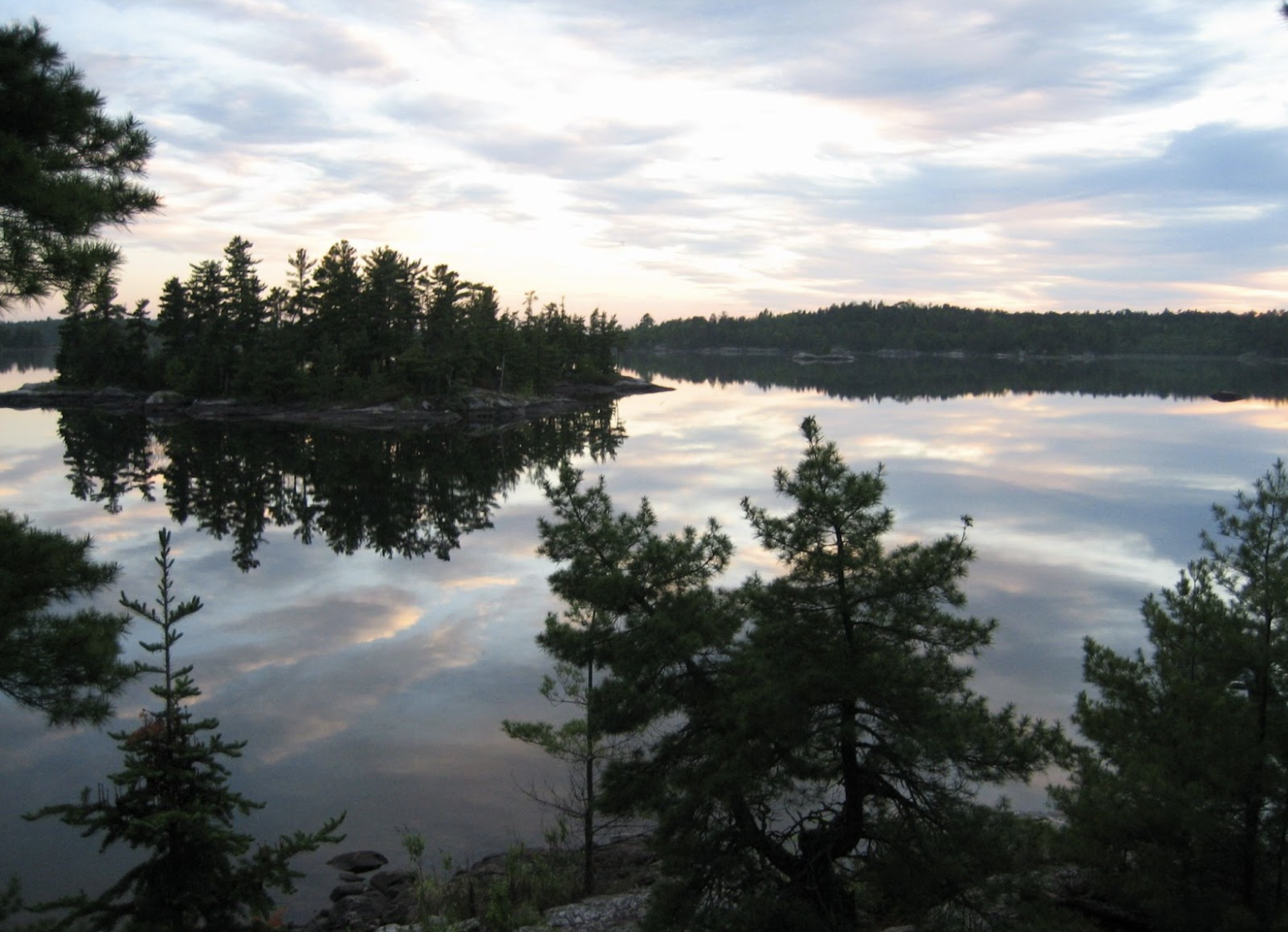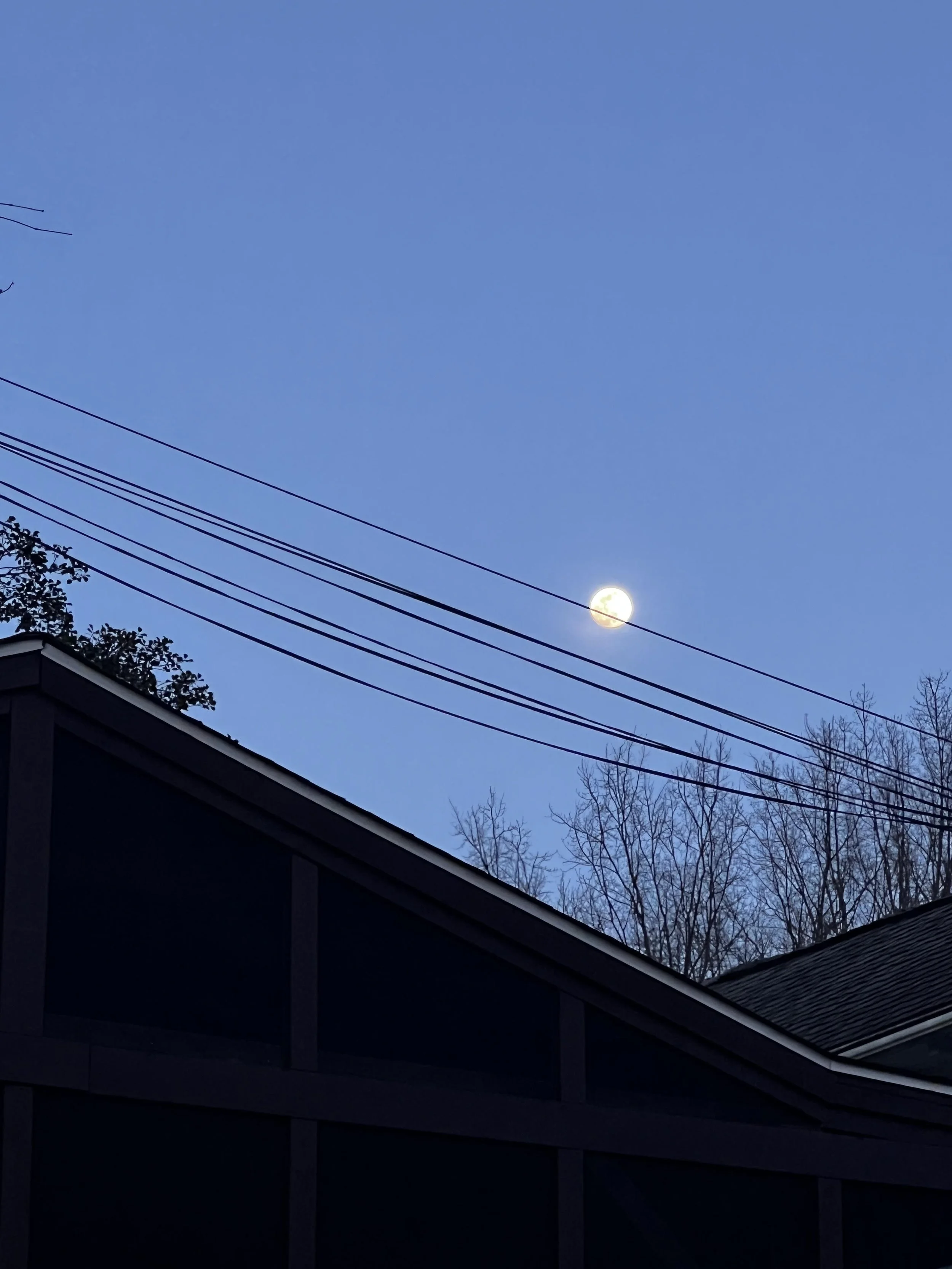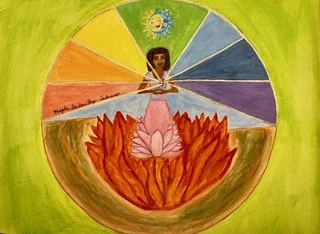On Monday Camille will facilitate our discussion on seeing how we are one with our environment.
If you are following along with the summer reading book (Zen and the Art of Saving the Planet by Thich Nhat Hanh's book) we are currently reading pages 37-78. You do not have to read the book to join our Monday evening meditations or conversations.
From this week’s reading:
"You have to be responsible for your own body and mind and for your environment. Your environment is you, when you look at the tree, don't think that the tree is something other than you. The tree is you. What you produce in terms of thought, speech, action are energies that can never be destroyed. With mindfulness, compassion, and understanding you can assure a better retribution in the future, for yourself and for the world."

